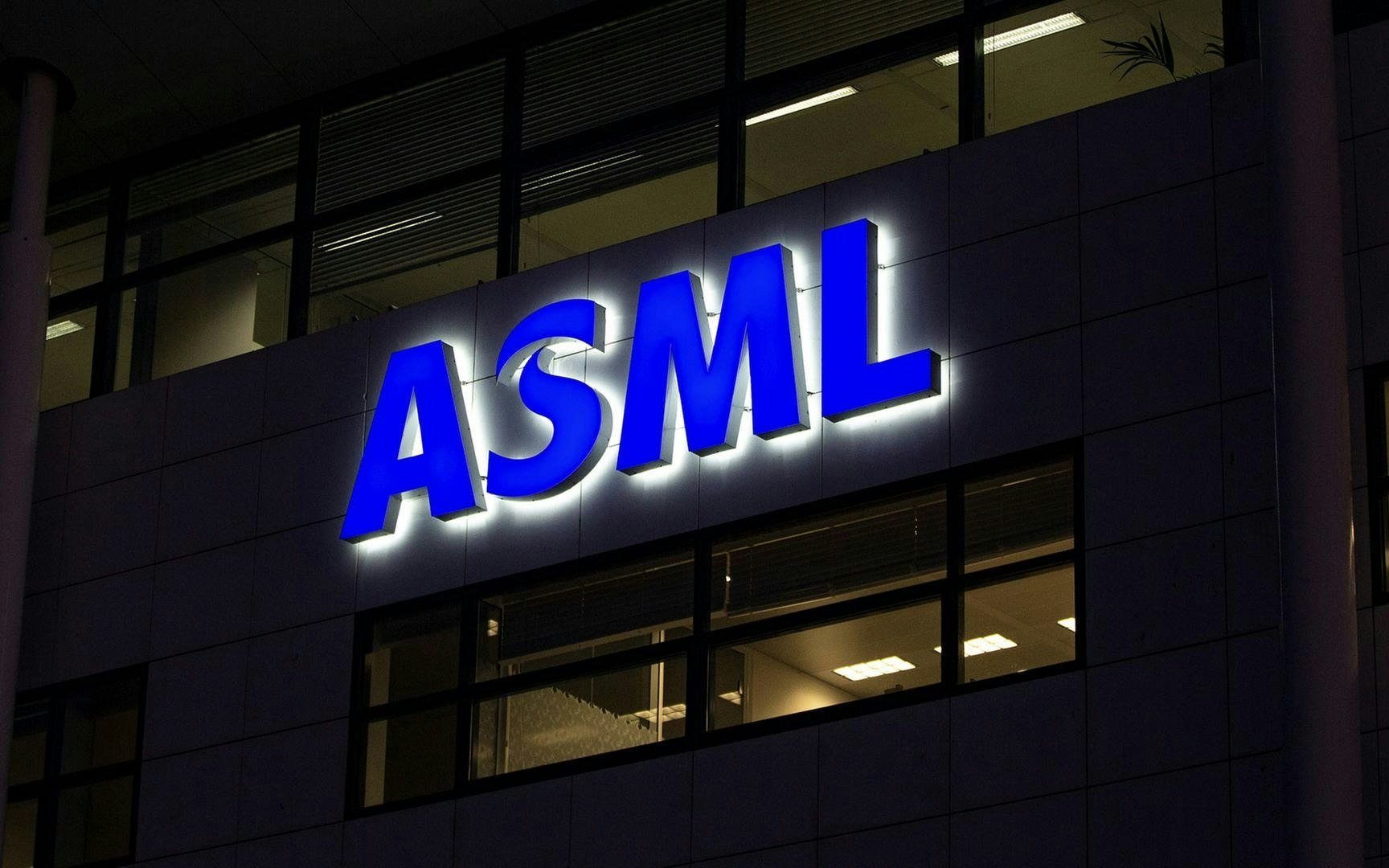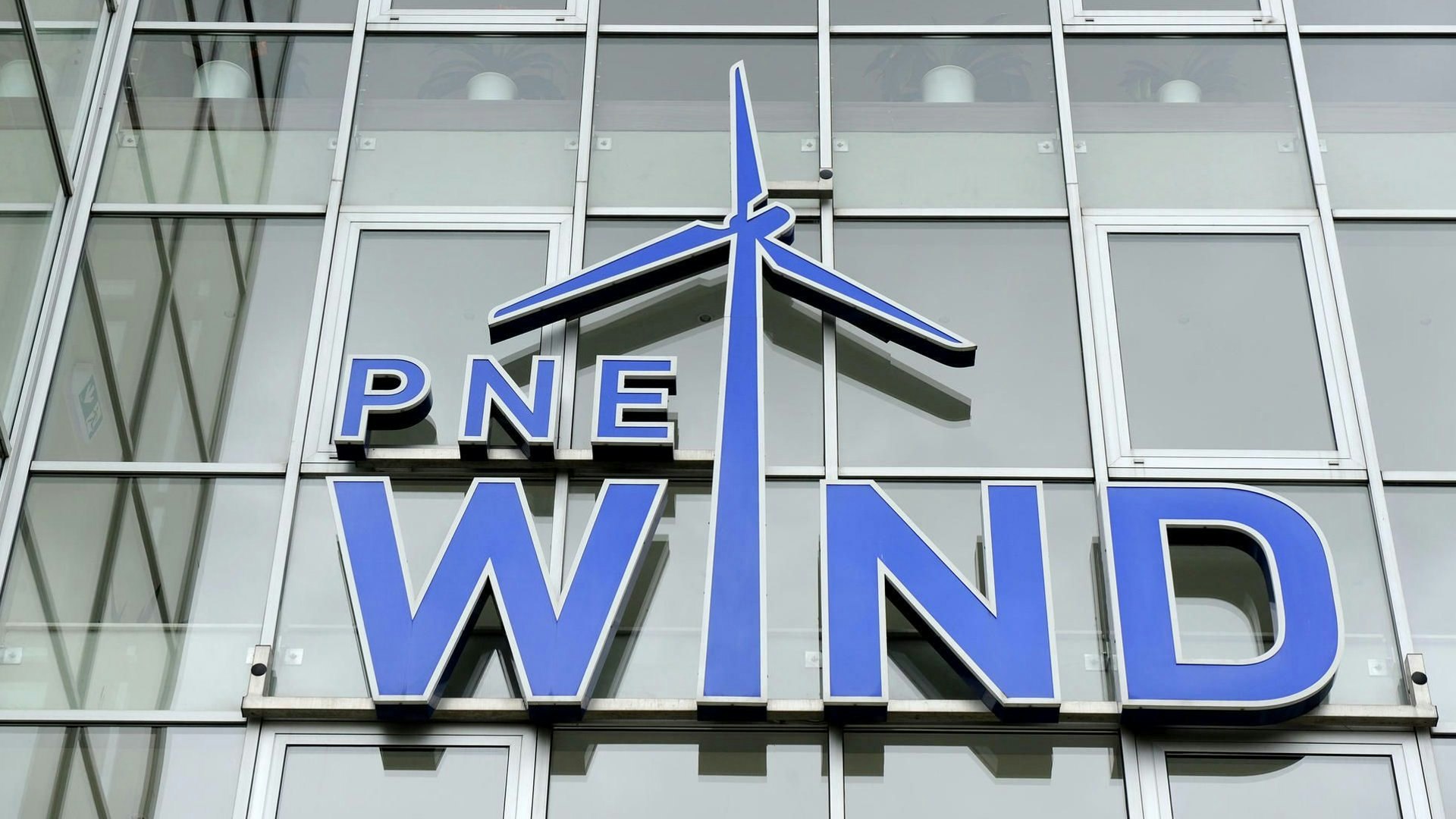AI
ASML benefits from AI boom, but warns of uncertainties due to tariffs and economy
ASML reports strong quarter, but remains cautious in its forecast for 2025 due to tariffs and economic conditions.

The Dutch chip equipment supplier ASML increased its sales by 23 percent to 7.7 billion euros in the second quarter, slightly exceeding analysts' expectations. Orders also significantly exceeded the projected 4.4 billion euros, coming in at 5.5 billion euros. The ongoing boom in Nvidia AI chips resulted in strong demand from major customers like TSMC for ASML's lithography systems.
However, for the current third quarter, the company only projected revenues between 7.4 and 7.9 billion euros – less than the 8.2 billion euros expected by analysts. CEO Christophe Fouquet also warned of increasing uncertainties that could question growth next year: "The level of uncertainty is increasing, especially due to macroeconomic and geopolitical factors. This of course includes tariffs.
ASML's shares lost six percent in value on Wednesday morning. Analysts had so far expected revenue growth of around seven percent to 34.7 billion euros for 2026.
Although Fouquet believes in continued growth in the long term and is preparing for 2026, no guarantee can currently be given. The export restrictions of the Trump administration are weighing on the business - in particular, trade with the USA and China remains a risk factor.
Nevertheless, CFO Roger Dassen was able to report a positive surprise for the second quarter: "In fact, the effects of the tariffs were somewhat less negative than expected." This, along with one-time effects and additional revenues from upgrades of existing machines, contributed to the results exceeding forecasts.
On the previous day, statements from Nvidia and AMD, saying that they are once again allowed to deliver chips to China, temporarily boosted ASML's shares. China is expected to account for about a quarter of ASML's revenue this year.
Despite robust order intake, the stock has lost more than 20 percent in value over the past twelve months. The reason for this is cuts in investments by customers like Intel and Samsung, as well as investor concerns about the long-term effects of US trade policy.






